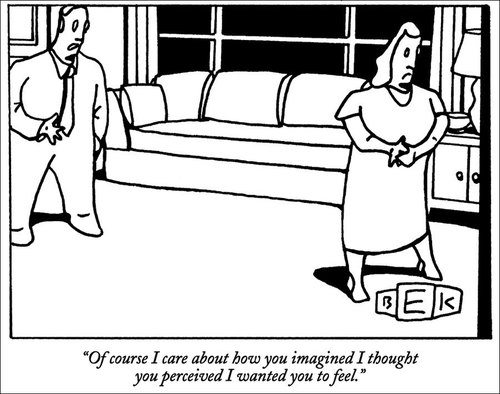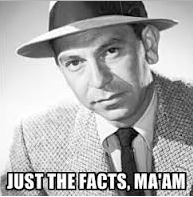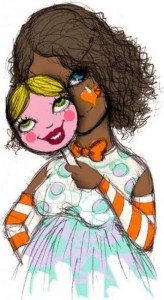 The other day a friend on Facebook posted a fun cover version of Lady Gaga’s 2011 song “Born this Way” — a song celebrated (or, all depending on your politics, condemned) as an anthem for the tolerant left. For example, a verse reads as follows:
The other day a friend on Facebook posted a fun cover version of Lady Gaga’s 2011 song “Born this Way” — a song celebrated (or, all depending on your politics, condemned) as an anthem for the tolerant left. For example, a verse reads as follows:
No matter gay, straight, or bi,
Lesbian, transgendered life,
I’m on the right track baby,
I was born to survive.
No matter black, white or beige
Chola or orient made,
I’m on the right track baby,
I was born to be brave. Continue reading “Baby I Was Born this Way”

 My recent
My recent  Have you heard about factories in various parts of the world that have gone bankrupt but been taken over by the workers? Consider the case of the Vio.Me. factory in Thessaloniki, in northern Greece, which used to make ceramic tiles but now, after the workers took control of the bankrupt facility, it produces fabric softener. Learn more
Have you heard about factories in various parts of the world that have gone bankrupt but been taken over by the workers? Consider the case of the Vio.Me. factory in Thessaloniki, in northern Greece, which used to make ceramic tiles but now, after the workers took control of the bankrupt facility, it produces fabric softener. Learn more 

 National Public Radio — yes, I’ve been listening to it while driving to work in the morning and yes, I do contribute — has started a year long series on what they’re simply calling sacred music — listen to the first installment
National Public Radio — yes, I’ve been listening to it while driving to work in the morning and yes, I do contribute — has started a year long series on what they’re simply calling sacred music — listen to the first installment 

 Code switching is often used to reference the actions (usually linguistic variations) of a particular person/group that is assumed to break from their own “natural” practices to perform codes “not their own” for the purposes of fitting in, acquiring capital, and accessing spaces thought to perceive the “native” practices of the switcher as illegitimate or illegible. This switching, or shifting as some call it, is often painted with a stroke of fluidity and described to take know-how, precision, performance and rehearsal. While the durability or recapitulations of code switching may come to be seen as natural over time, where it’s no longer recognized or described as a switch, it’s often thought to be something that is and can be [consciously] turned off and on like a light switch by the social actor.
Code switching is often used to reference the actions (usually linguistic variations) of a particular person/group that is assumed to break from their own “natural” practices to perform codes “not their own” for the purposes of fitting in, acquiring capital, and accessing spaces thought to perceive the “native” practices of the switcher as illegitimate or illegible. This switching, or shifting as some call it, is often painted with a stroke of fluidity and described to take know-how, precision, performance and rehearsal. While the durability or recapitulations of code switching may come to be seen as natural over time, where it’s no longer recognized or described as a switch, it’s often thought to be something that is and can be [consciously] turned off and on like a light switch by the social actor.  A
A